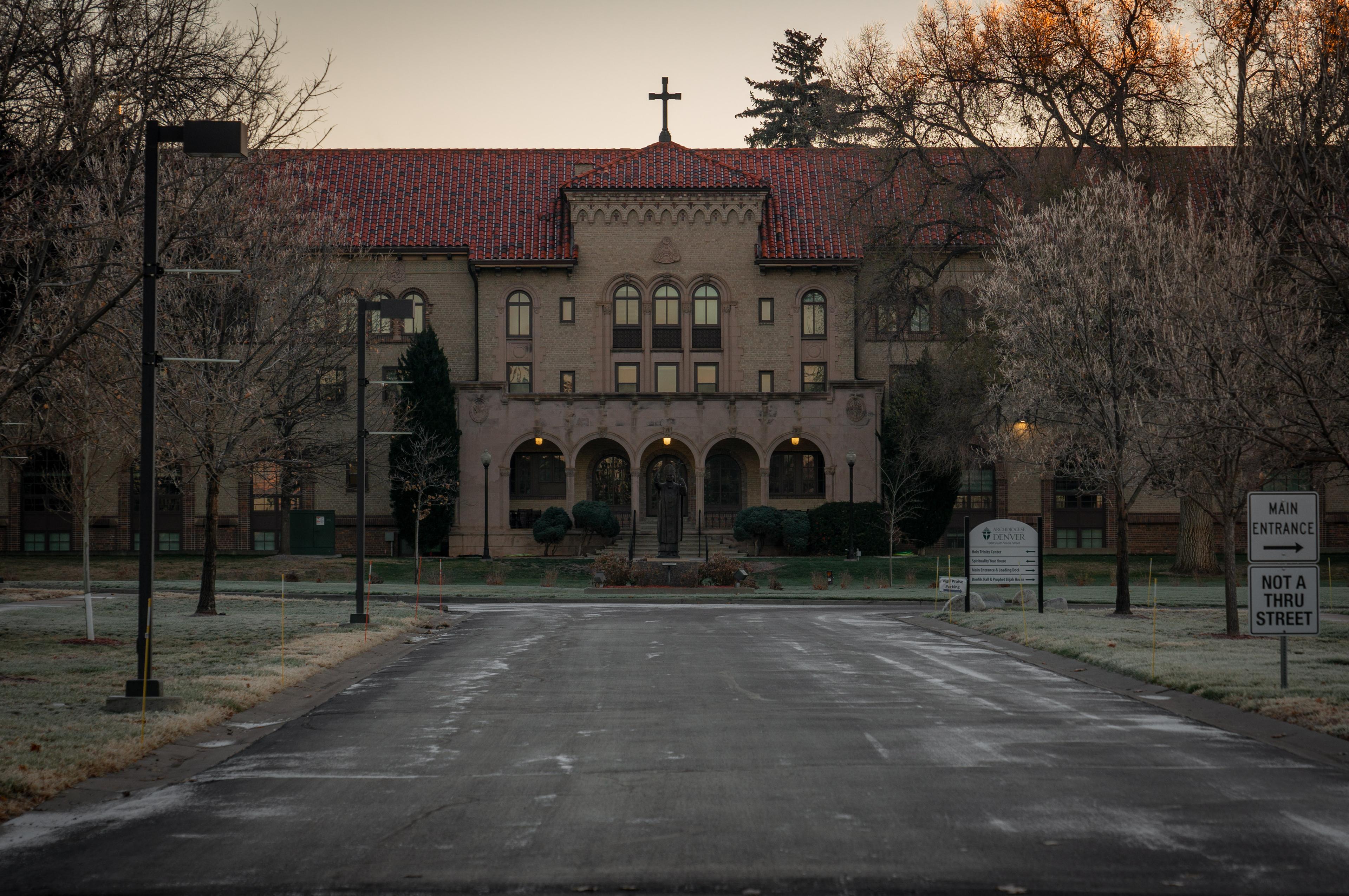
People who were abused by Catholic priests in Colorado will face a series of tough decisions as they navigate the state's new reparations program.
The program's administrators already have reached out to 65 people who previously alleged abuse, inviting them to apply for financial settlements from the church. About 21 have filed claims so far, according to the administrators.
Time is limited for victims to file new claims of abuse. Anyone who didn't receive an invitation must register themselves by Nov. 30. That will start a longer process.
Survivors of abuse have approached the program cautiously, according to Jeb Barrett, the leader of SNAP Colorado. Several people in his network are filling out the paperwork, but he's urged them not to make a final decision until later.
Applicants will be asked for evidence of their claims and other information by Jan. 31. The program's independent administrators will look over the evidence and then offer financial settlements.
If victims accept that final offer, they'll give up their right to sue.
Barrett thinks survivors will have more leverage if they refuse the offers. Currently, many cases are too old for the church and its clergy to be sued over. Barrett wants to see state legislators change the statute of limitations and reopen older cases for litigation.
"If they're really hopeful about changing the narrative of what the church is actually doing, they probably want to hold out until the statute of limitations reform takes place and they can actually sue the church and demand that the records really be opened," Barrett said.
But it's unclear whether and when the state legislature might tackle that question. Regardless, abuse victims won't have to make that decision until after they receive the offer. The money could be helpful to some people, Barrett acknowledged.
Payments in other states have reportedly ranged from $10,000 to $500,000. Dioceses in New Jersey, California, New York and Pennsylvania also offered reparations through similar programs. All five programs are being run by attorney Kenneth Feinberg.
The Colorado program is funded by the state's dioceses and the archdiocese. The Archdiocese of Denver plans to pay its share out of a self-insurance fund it has built up over the years, a spokesperson said. The archdiocese has committed not to take the money from parish and ministry budgets. The dioceses haven't set any cap on the maximum amount they'll pay out.
Fifty-five of the 65 initial invitations went to people who claimed abuse in the Denver archdiocese. The church previously settled a series of Colorado claims in the mid-2000s.
The Colorado Independent Reconciliation and Reparations Program is only available to people abused by priests from Colorado dioceses — not religious orders.
Once people are registered, full details of claims must be postmarked by Jan. 31.









